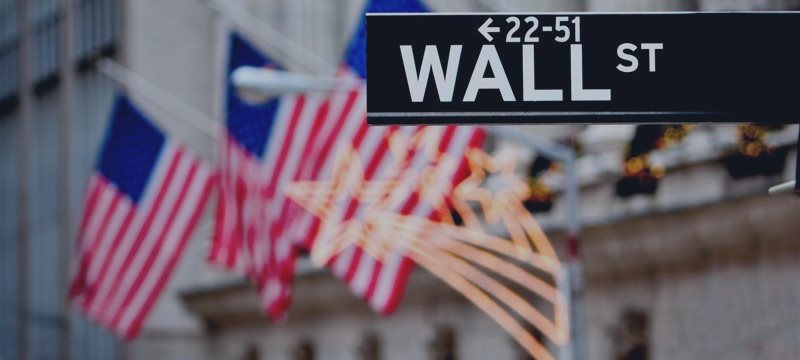
Asian stocks gain on Friday after ECB announcement; euro steady near 11-year lows
This Asian stocks advanced Friday, driven by a long waited move of the European Central Bank, which also set off gains in Europe and on Wall Street, according to The Washington Post.
Japan’s Nikkei 225 rose 0.9 percent to 17,480.08 and Hong Kong’s Hang Seng added 1.2 percent to 24,806.89. South Korea’s Kospi gained 0.7 percent to 1,934.35. Australia’s S&P/ASX 200 jumped 1.2 percent to 5,486. Markets in mainland China, Taiwan, India and Southeast Asia also rose.
Europe’s fading economy will get a major dose of stimulus from the European Central Bank’s bond buying program designed to make loans and exports cheaper so companies can hire and expand. Beginning in March, the ECB will buy 60 billion euros of government and corporate bonds each month at least through September 2016. The 1.1 trillion euro program was an emphatic signal of the ECB’s willingness to do all it can to rejuvenate the economy shared by the 19-nation euro currency alliance.
European shares surged, German stocks hit record highs and euro zone bonds rallied, while German government bond yields slid to new record lows. The euro plummeted, bringing parity with the dollar in sight.
One dampener to the global growth optimism came from China. An HSBC report Friday said China’s manufacturing shrank for a second month in January, largely because of weak demand. Earlier in the week, official Chinese data showed the world’s second-biggest economy expanded 7.4 percent last year, the slowest pace since 1990.
At Wall Street: the Standard & Poor’s 500 index jumped 31.03 points, or 1.5 percent, to close Thursday at 2,063.15. That nudged it into positive territory for the year, up 0.2 percent. The Dow Jones industrial average climbed 259.70 points, or 1.5 percent, to 17,813.98 while the Nasdaq climbed 82.98 points, or 1.8 percent, to 4,750.40.
The news that Saudi Arabia’s King Abdullah died sent the benchmark U.S. crude higher 81 cents to $47.12 a barrel.
“The fear of the unknown is going to be supportive to crude oil
prices,” John Kilduff, partner, Again Capital LLC in New York, said, quoted by Free Malaysia Today.
“King Abdullah was the architect of the current strategy to keep production high and force out smaller players instead of cutting (output),” he added.
However, analysts say the king’s death is unlikely to change Saudi’s high oil production levels, a key factor in the collapse in oil prices in the past six months. Yesterday, the contract fell $1.47 to close at $46.31 a barrel in New York. Brent crude was up 89 cents to $49.41 a barrel on the ICE exchange in London.
The greenback slid to 118.39 yen from 118.56 yen the previous day. The euro steadied after falling on the ECB announcement to its lowest since September 2003. It was up slightly at $1.1365 from $1.1356.
The euro kept its positions at $1.1361, not far from the 11-year trough of $1.1316 struck overnight.
“There isn’t much of a case to be buying the pair at the moment, considering the increasing divergence between the two economies. We have also learnt recently not to fight central banks and this is just another example,” Stan Shamu, market strategist at IG in Melbourne, wrote in a note to clients.
The single currency also fell to a three-month low of 134.28 yen.


